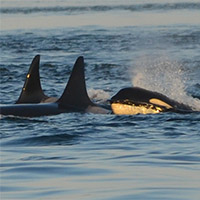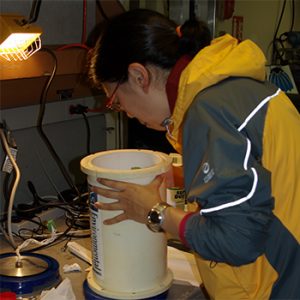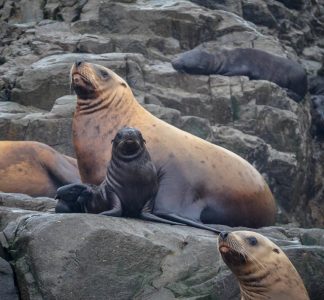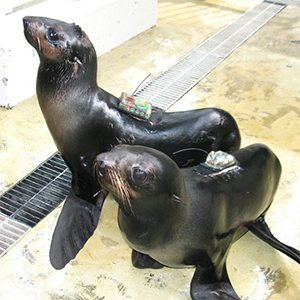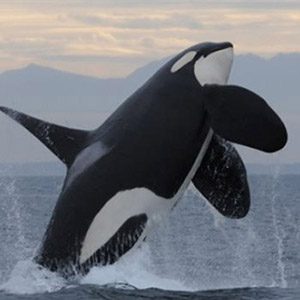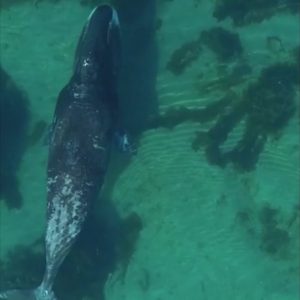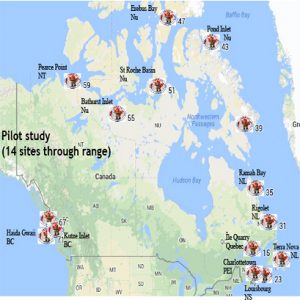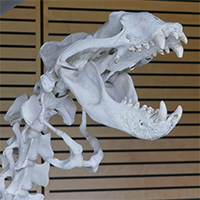Protecting Canada’s endangered whales through scientific research and collaboration
Dr. Andrew Trites will receive $1 million over five years for research on Southern Resident Killer Whales
Using sound to unravel how animal behavior in complex environments
MMRU Research Associate, Mei Sato, uses bio-acoustic data to study the interactions between Chinook salmon and killer whales
Drawing First Blood
Researchers publish first reference ranges for Steller sea lions
Andrew Trites wins the Timothy R. Parsons Medal
Trites has been studying marine mammals (primarily Steller sea lions, harbour seals, northern fur seals, and killer whales), in the North Pacific for over 30 years.
It’s a drag wearing a tag
What impacts do tracking tags have on the behavior and swimming costs of marine mammals?
DFO announces funding for research on Southern Resident Killer Whales
Andrew Trites and Brian Hunt are co-PIs on the project to examine how changes in the food web affect the abundance and quality of Chinook salmon in critical habitat areas of the Southern Resident Killer Whale
Bowhead whales come to Cumberland Sound in Nunavut to exfoliate
“Cumberland Sound serves as a habitat for feeding and moulting,” said Sarah Fortune, a PhD student at UBC’s Institute for the Oceans and Fisheries.
There’s something in the water
Research team collected water samples along Canada’s coasts to examine for trace amounts of DNA shed by organisms into the surrounding environment.
Marine Mammal Skeleton Exhibit
Showcasing the whale, dolphin and sea lion skeletons on display in the Aquatic Ecosystems Research Laboratory (AERL) building
Apex marine predators affected by human-made pollutants and climate change
Human contaminants, exacerbated by climate change, are impacting polar bears, killer whales.
